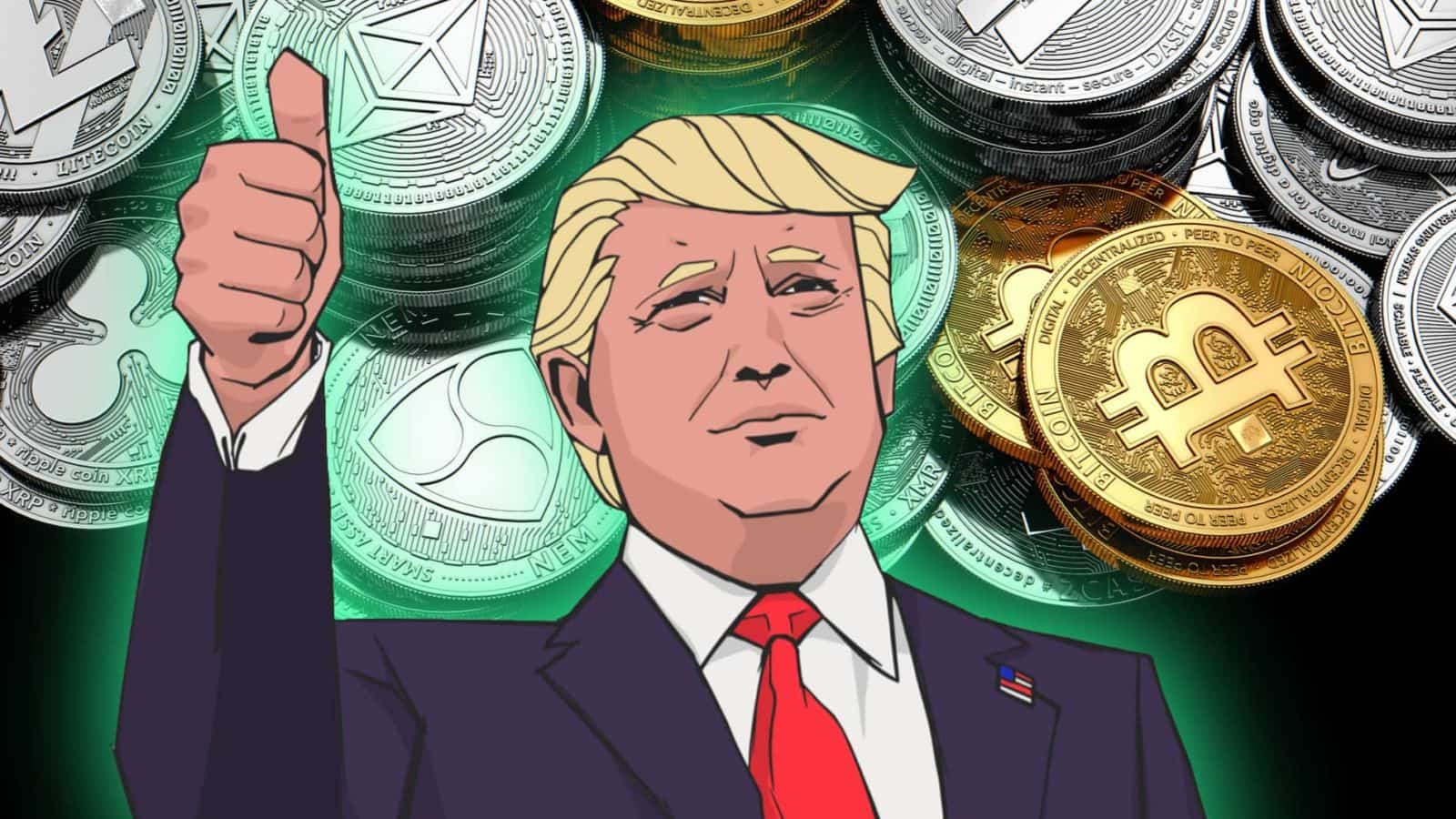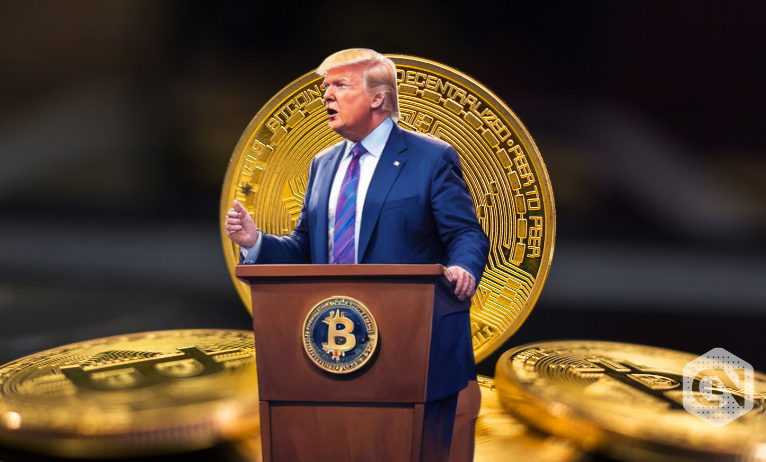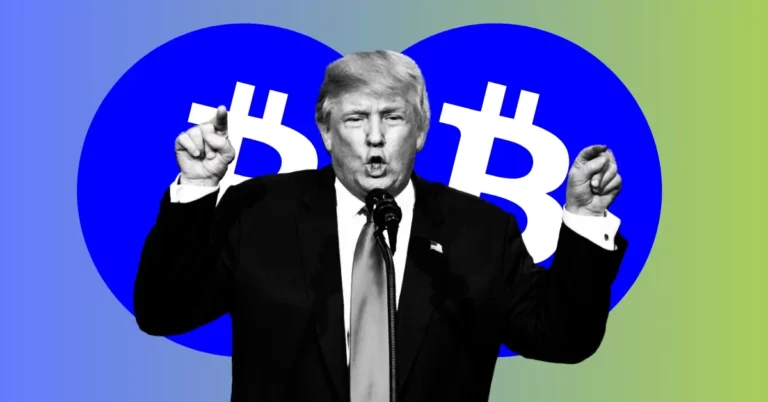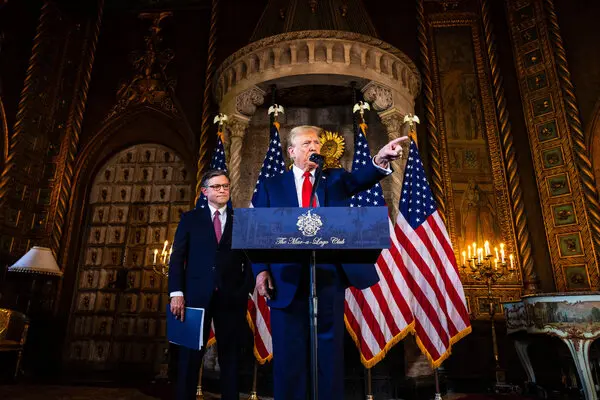There’s a lot of buzz about Donald Trump’s recent appearance at the Bitcoin Conference. Let’s break down what happened and what it means for us.
Imagine this: The line to see Trump speak at the Bitcoin conference in Nashville was insanely long. The excitement was palpable, with Bitcoiners and Trump supporters eagerly waiting to hear him. The city itself was taken over by Trump-mania, with images of Trump and Bitcoin symbols everywhere.
Getting Trump to speak at the Bitcoin Conference was a big deal. It felt like a milestone that could push Bitcoin into mainstream political discussions. But, when Trump finally took the stage (after a long wait), his speech was a letdown. Instead of focusing on Bitcoin, he rambled about various topics, barely touching on the digital currency. The parts of his speech that did mention Bitcoin felt copied from Robert Kennedy Jr.’s keynote the day before.
Trump’s speech left many feeling that he doesn’t really understand or care about Bitcoin. He seemed more interested in pandering for votes and money rather than genuinely supporting the Bitcoin community. This raises concerns about whether aligning with Trump is a good move for Bitcoin.
While having a prominent politician talk about Bitcoin can have some positive effects, it also comes with risks. By cozying up to Trump, the Bitcoin community might alienate potential new adopters who don’t like him. This is especially troubling since many people are still skeptical about Bitcoin, seeing it as “fake internet money” or a scam.
The cognitive dissonance in the Bitcoin community is real. Some Bitcoiners who advocate for individual freedom might support politicians who restrict personal rights. Others who want less government interference in finance might cheer for Trump, who promises government involvement in buying Bitcoin. This inconsistency can be off-putting to potential new Bitcoin users.
The author, Jason Maier, emphasizes the importance of educating people about Bitcoin’s benefits rather than relying on polarizing figures like Trump. He suggests focusing on grassroots efforts to promote Bitcoin adoption and advocating for policies that protect Bitcoin users.
In the end, Trump is unlikely to stick with the Bitcoin community once it no longer serves his interests. Aligning with him could do more harm than good, potentially setting back efforts to make Bitcoin mainstream. Instead, the Bitcoin community should work towards gaining broader acceptance without sacrificing its principles.



